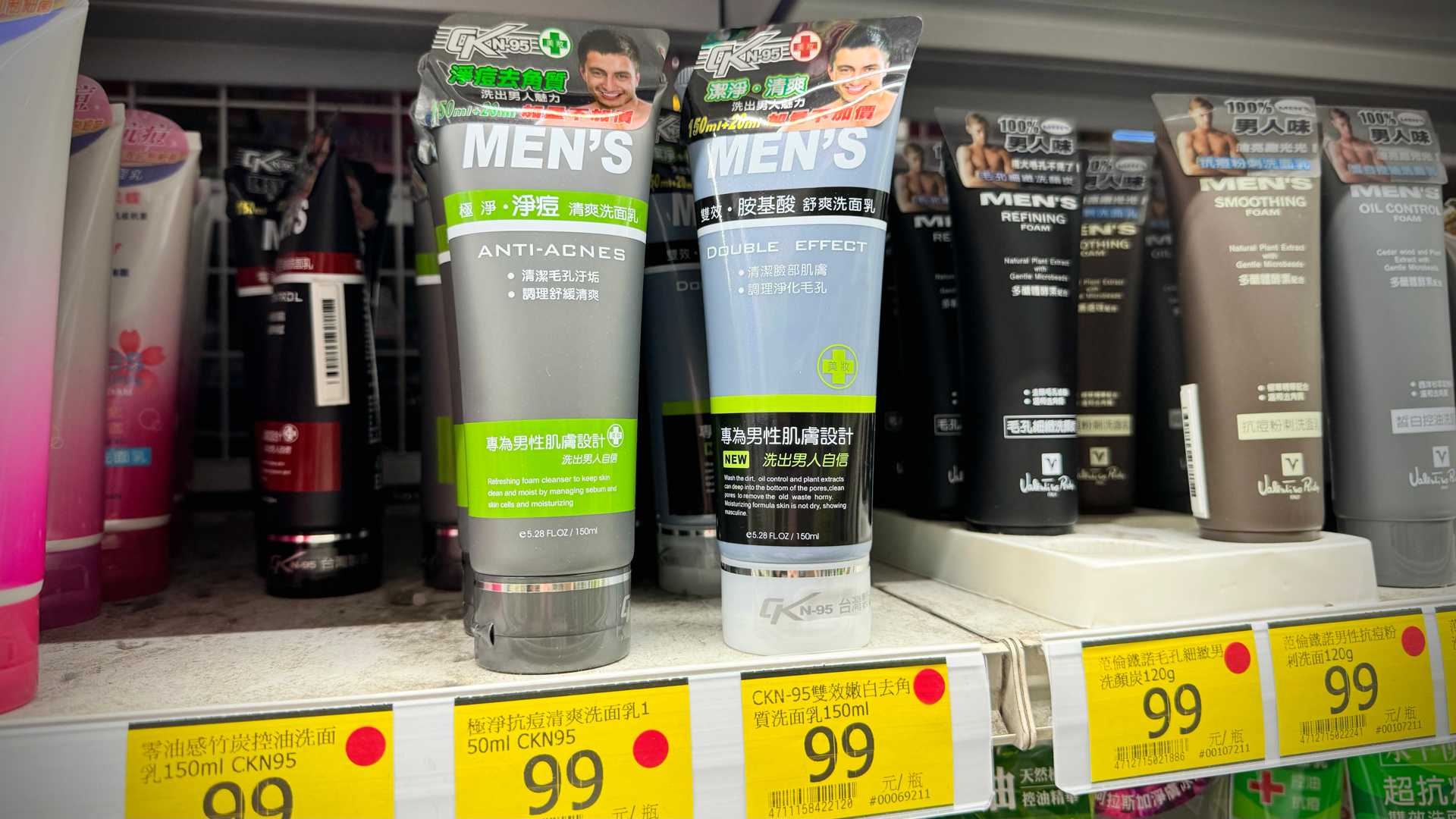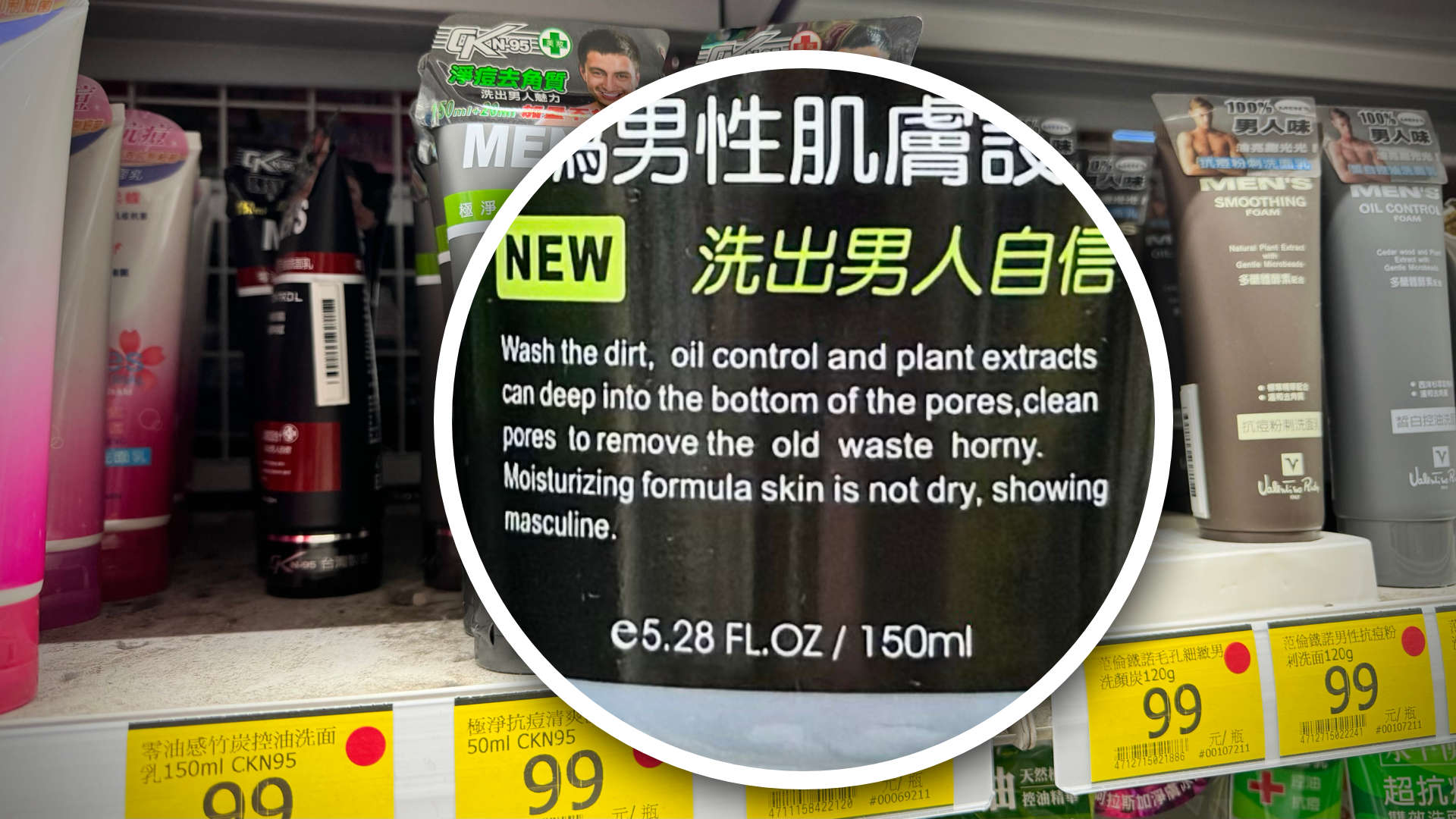Taiwan’s problematic personal care items
Need some White Men Hand Wash? Taiwan’s got you covered…
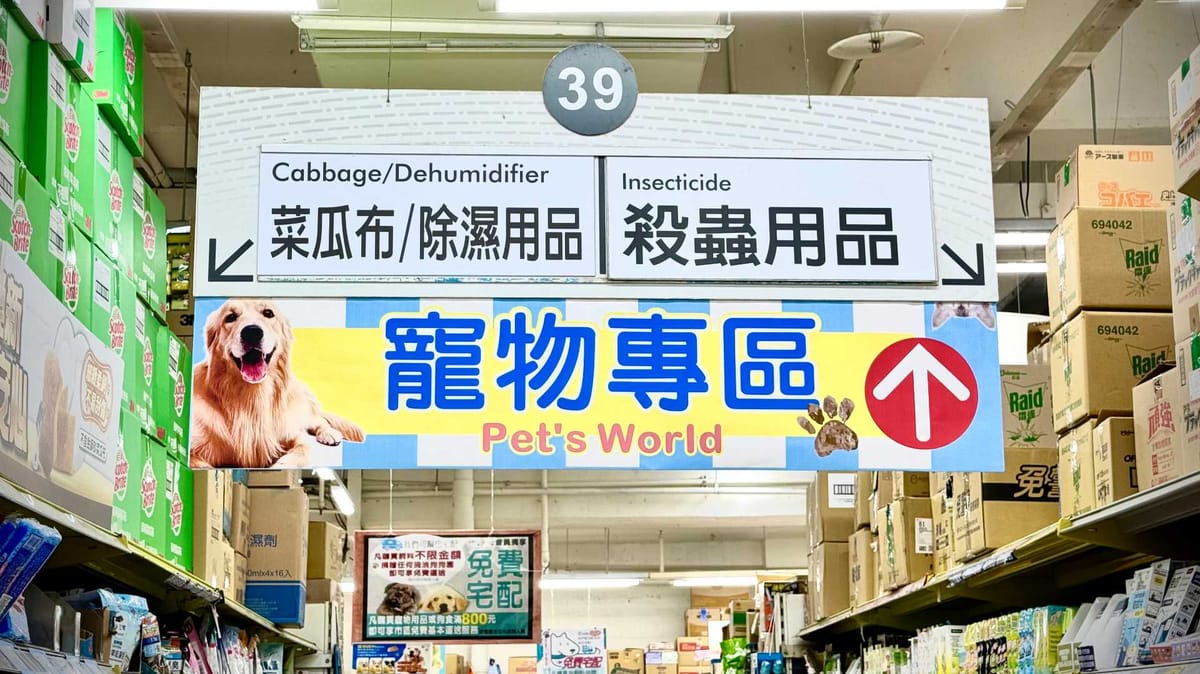
My nearest supermarket’s a 10-minute walk away, but I have my groceries delivered about half of the time. Summer’s hot and delivery’s free, so it’s an easy choice.
But I usually buy personal items in-store, using my phone to translate packaging so I can make semi-informed decisions. Until last week, when I ordered toothpaste online for the first time.
I used Google Translate to find the word for toothpaste (牙膏), and pasted it into the app. Unable to read the search results, I sorted by price and added the first result to my cart.
This is what I received:
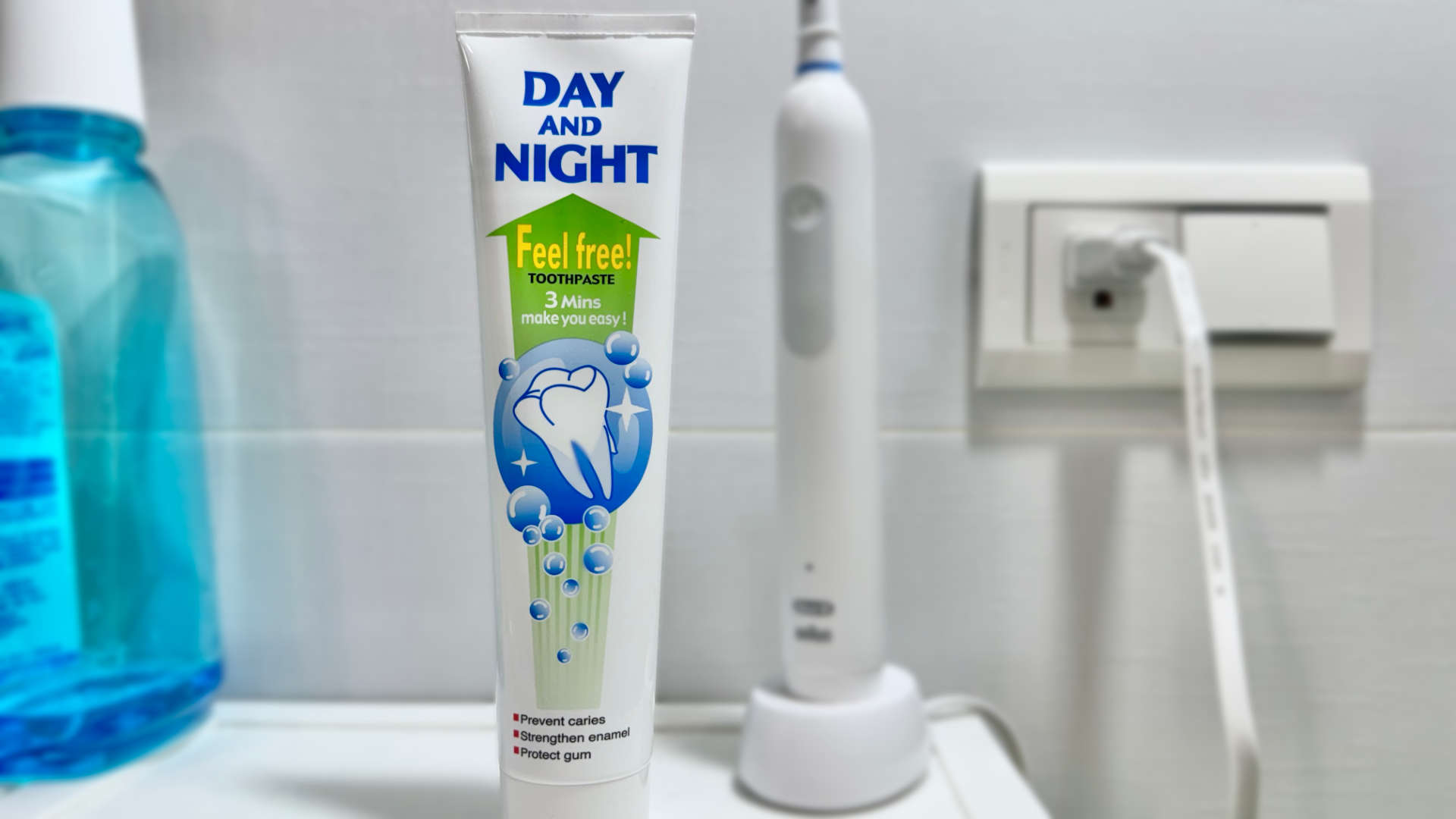
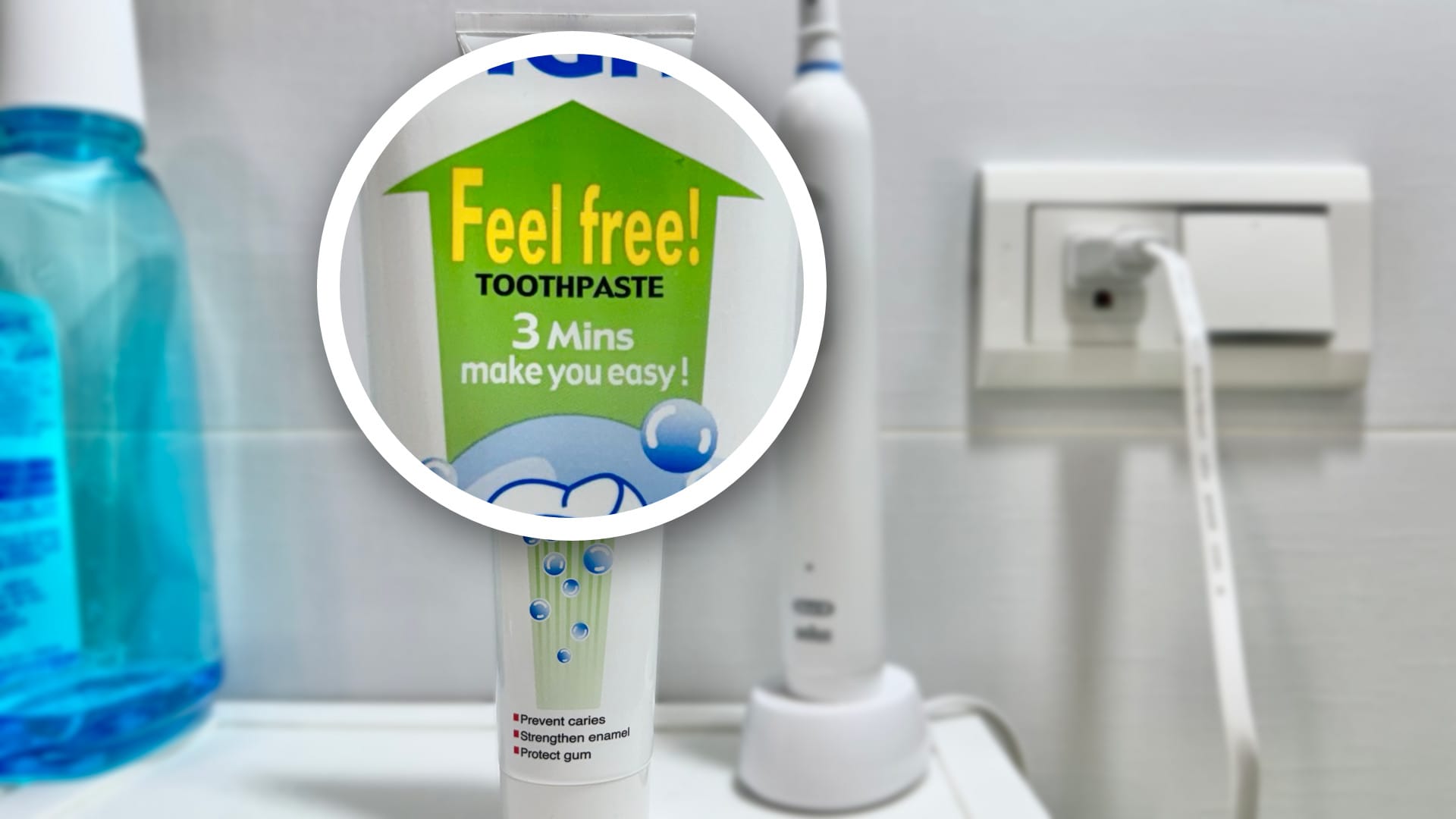
Unexpectedly—given the cheap price and terrible English—it was made in Germany.
It tastes fine.
But this got me thinking. Not just about the weird English that’s everywhere you look in Taiwan (including the “Cabbage/Dehumidifier” section of my local supermarket), but also the weird personal care items I've seen on the shelves.
So, on my way home tonight, I stopped at a 24-hour general store, Showba (小北百貨), for a walk down the Health & Beauty aisle.
Brace yourself.
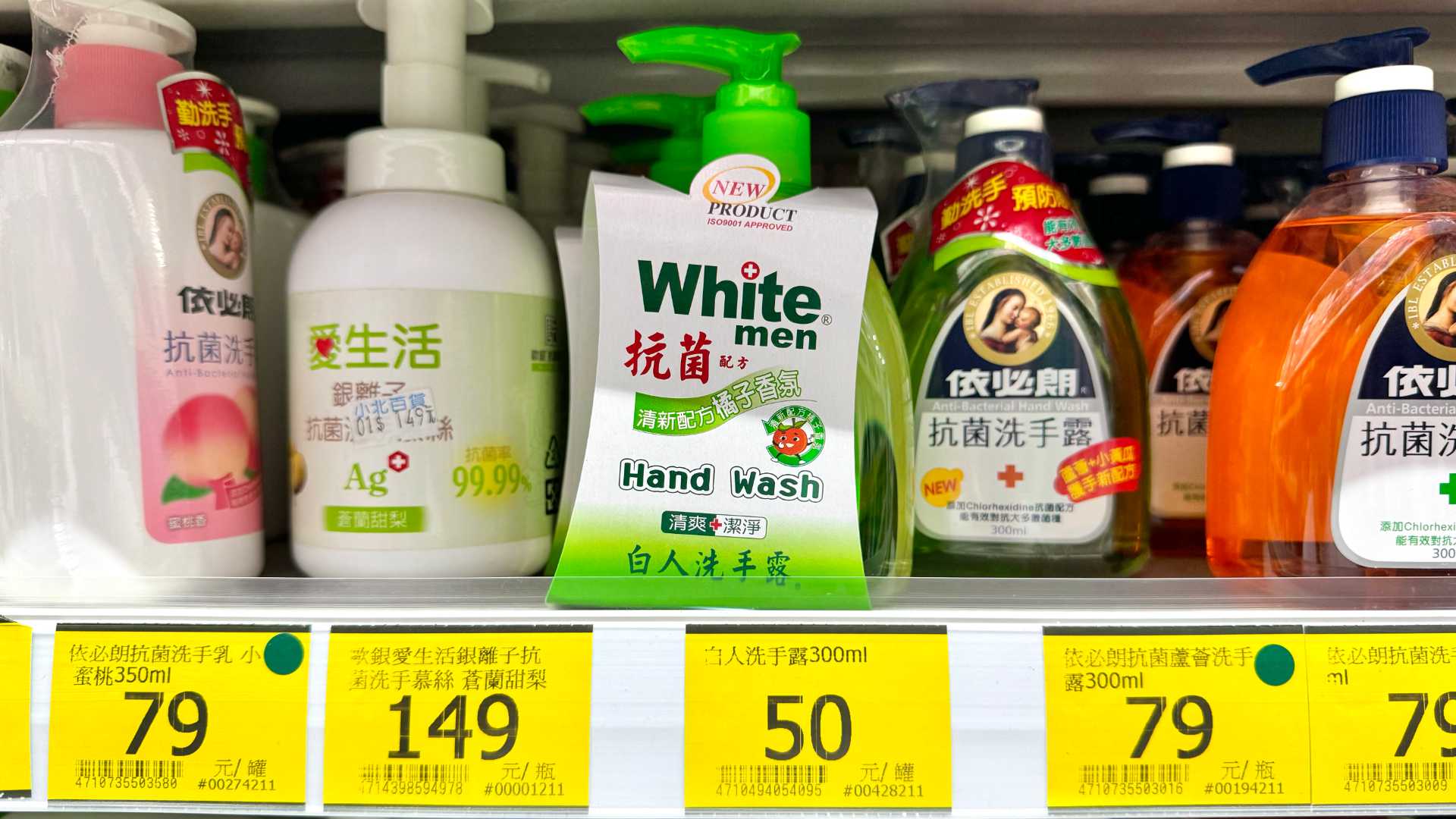
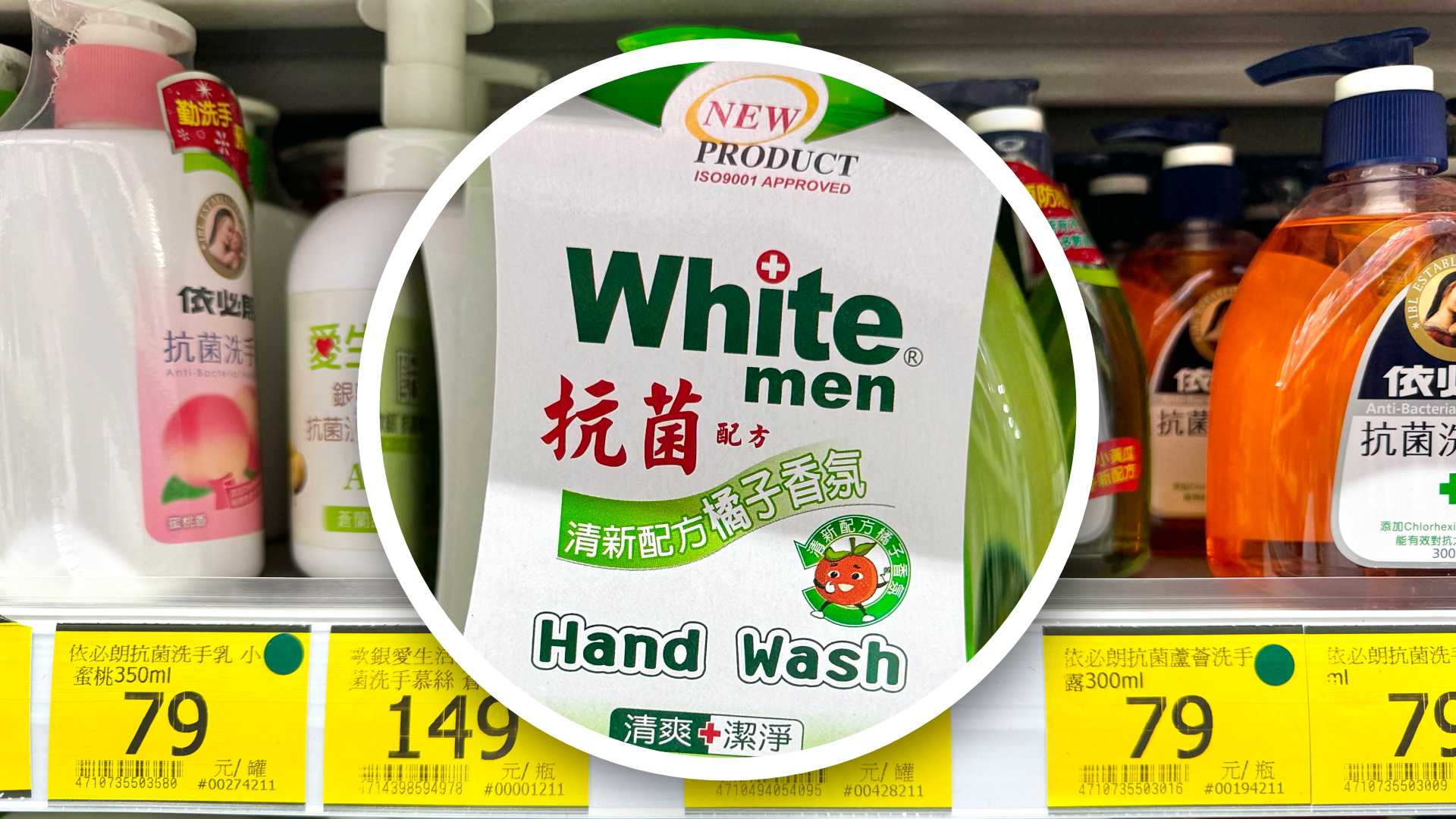
But because White men Hand Wash isn’t alarming enough, Taiwan used to have a product called “Black People Toothpaste” (黑人牙膏), labelled “Darkie” in English.
Darkie toothpaste used a grinning mascot in a top hat and tuxedo modeled after the American minstrel performer, Al Jolson, infamous for his blackface portrayals.
Astoundingly, it was only two years ago that this product was finally renamed—to “Darlie”:
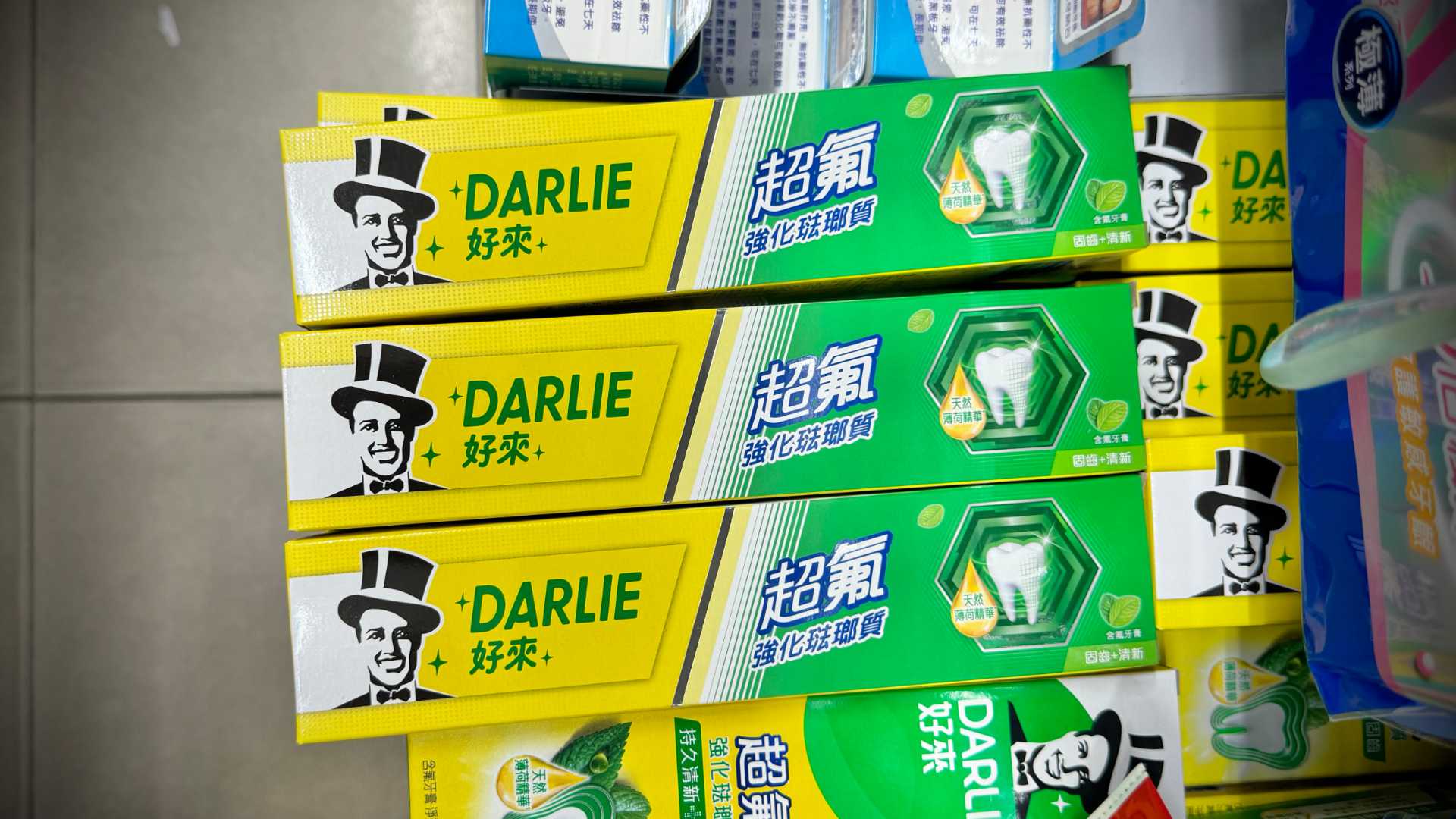
Taiwan is not a backwards country: 61% of citizens hold a valid passport, and 45% of working-age adults have a university degree (compared to 36% in New Zealand).
Younger Taiwanese are politically aware and socially liberal. But, presumably, the companies that sell personal care items are not run by younger Taiwanese.
Which may be why Showba also has a bunch of skin-whitening products:
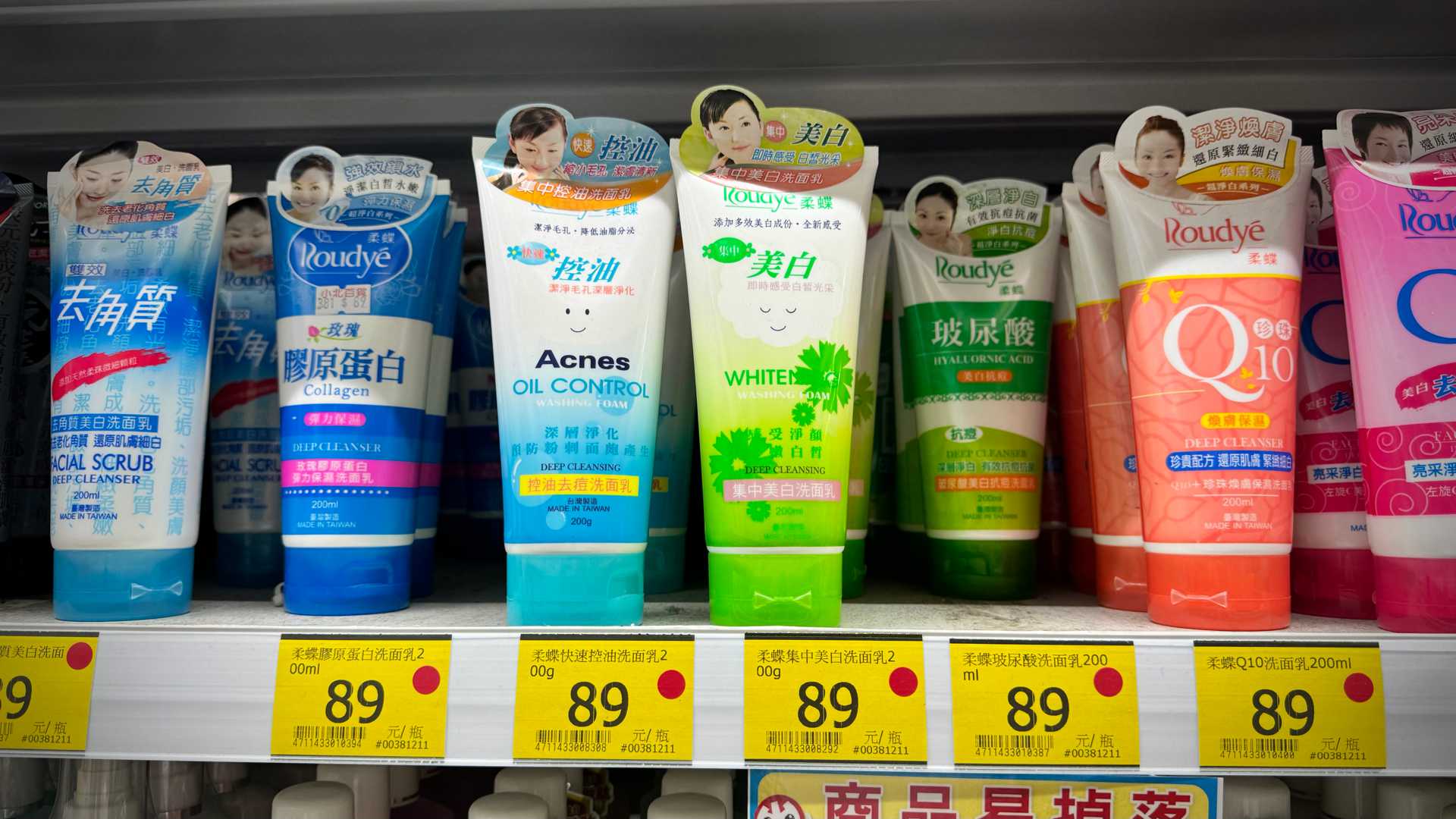
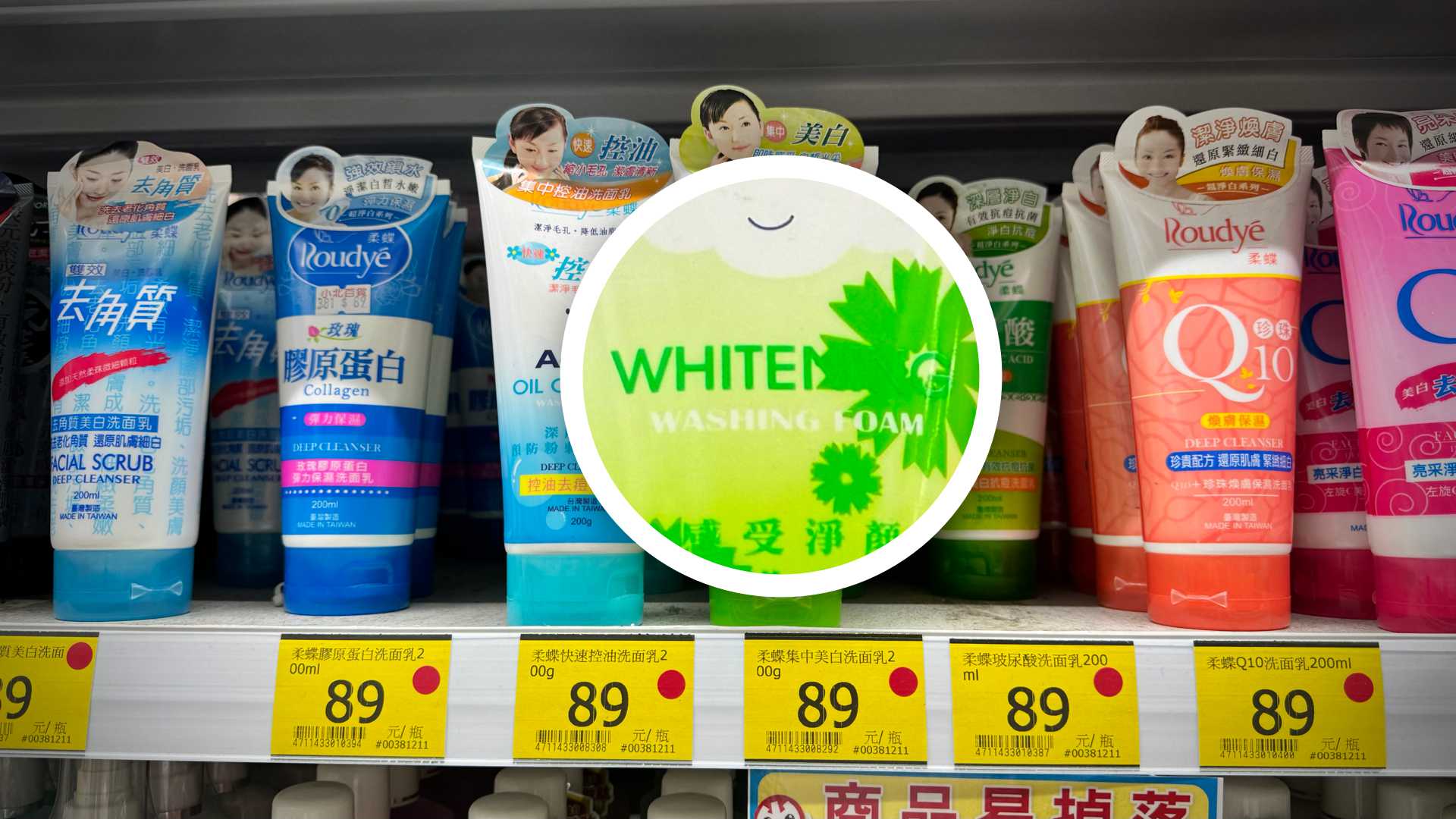
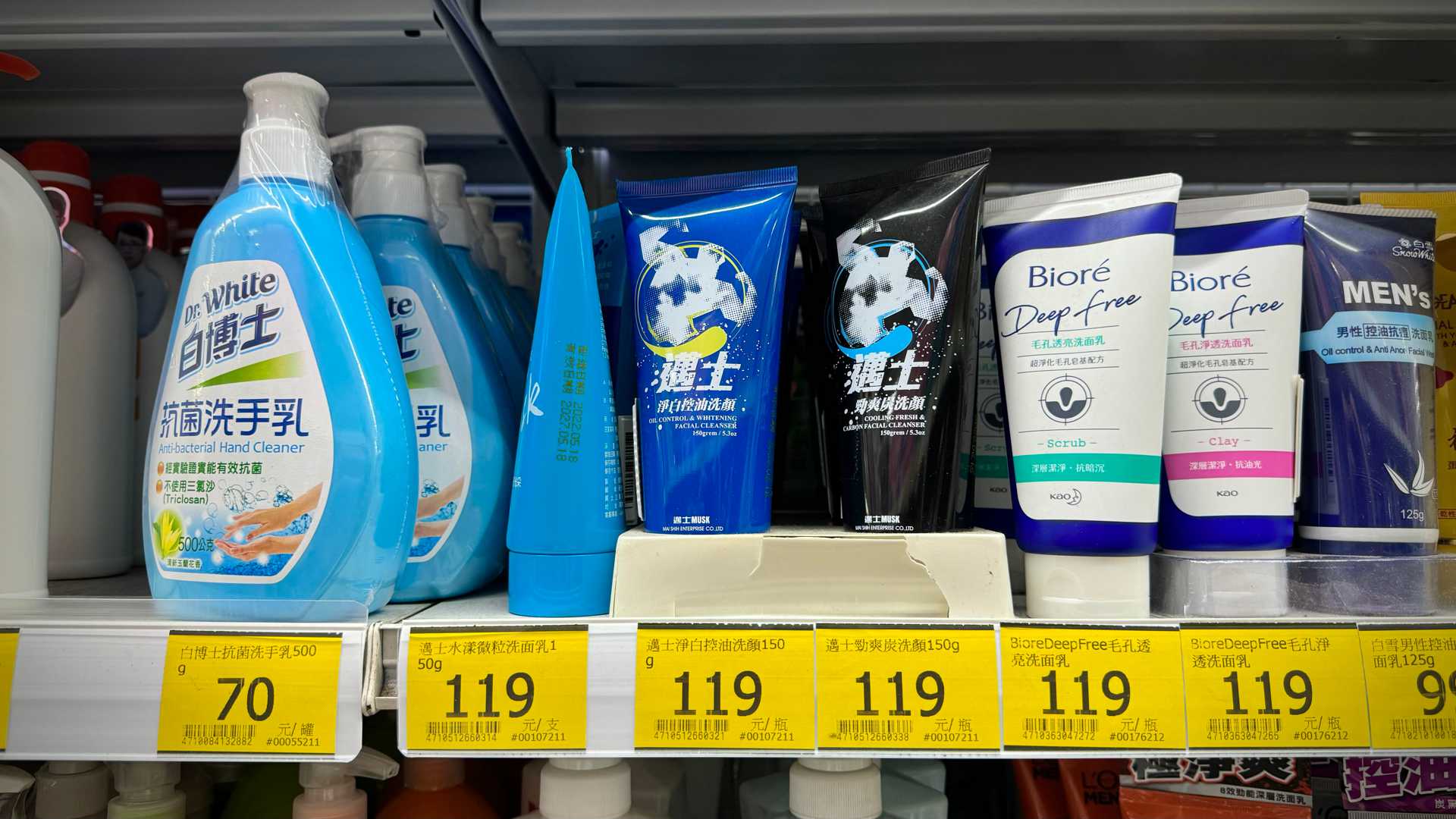
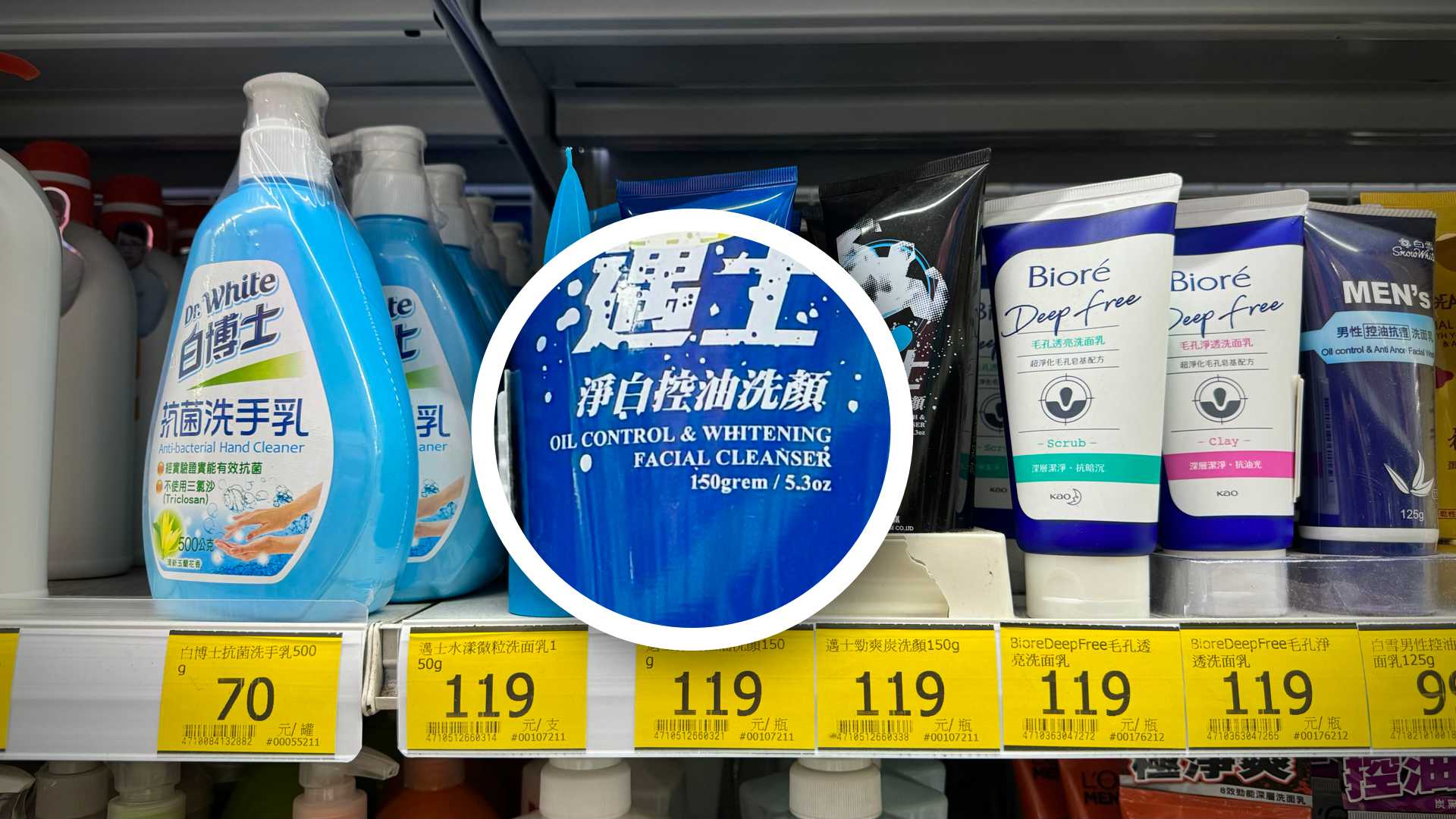
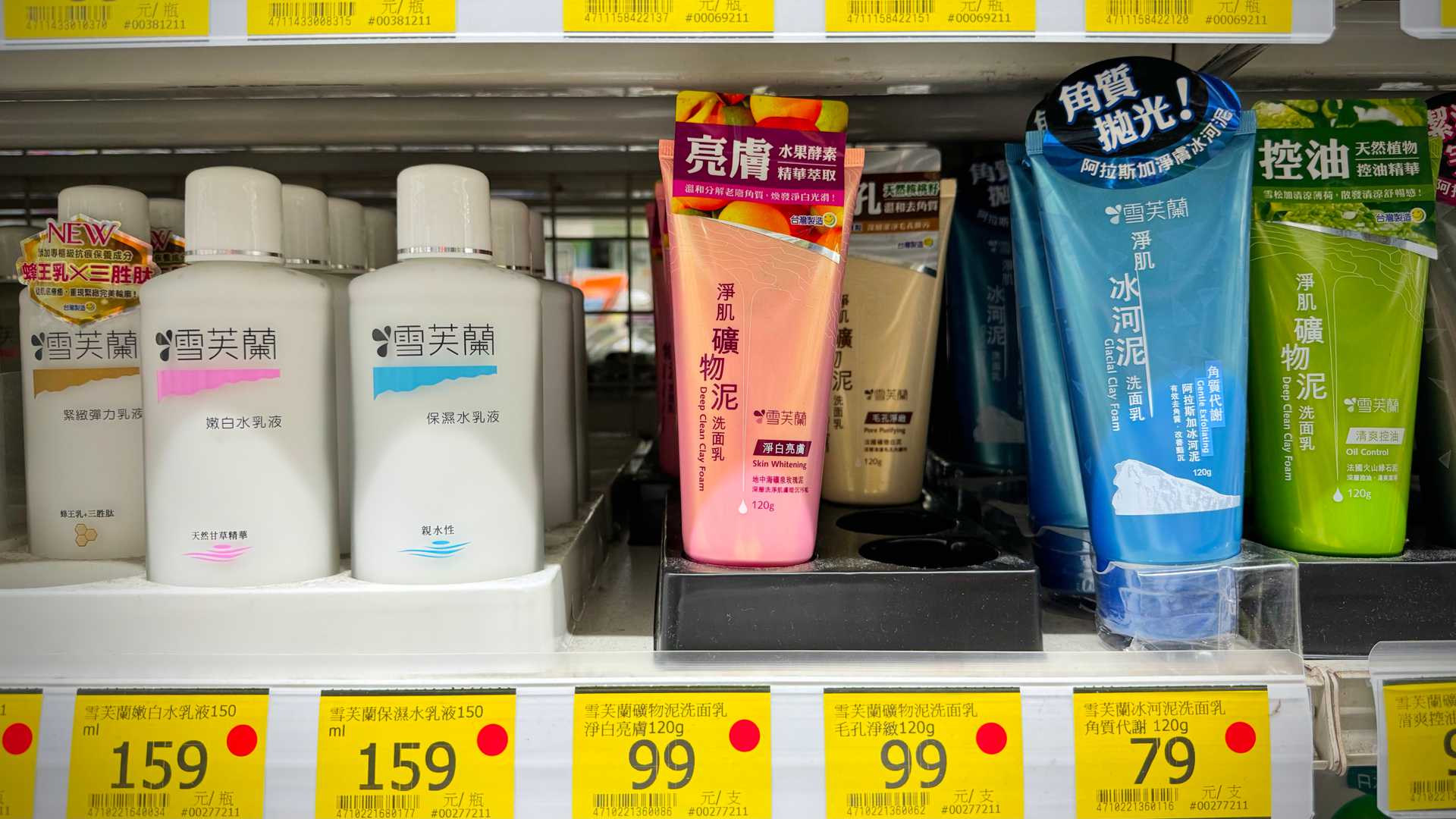
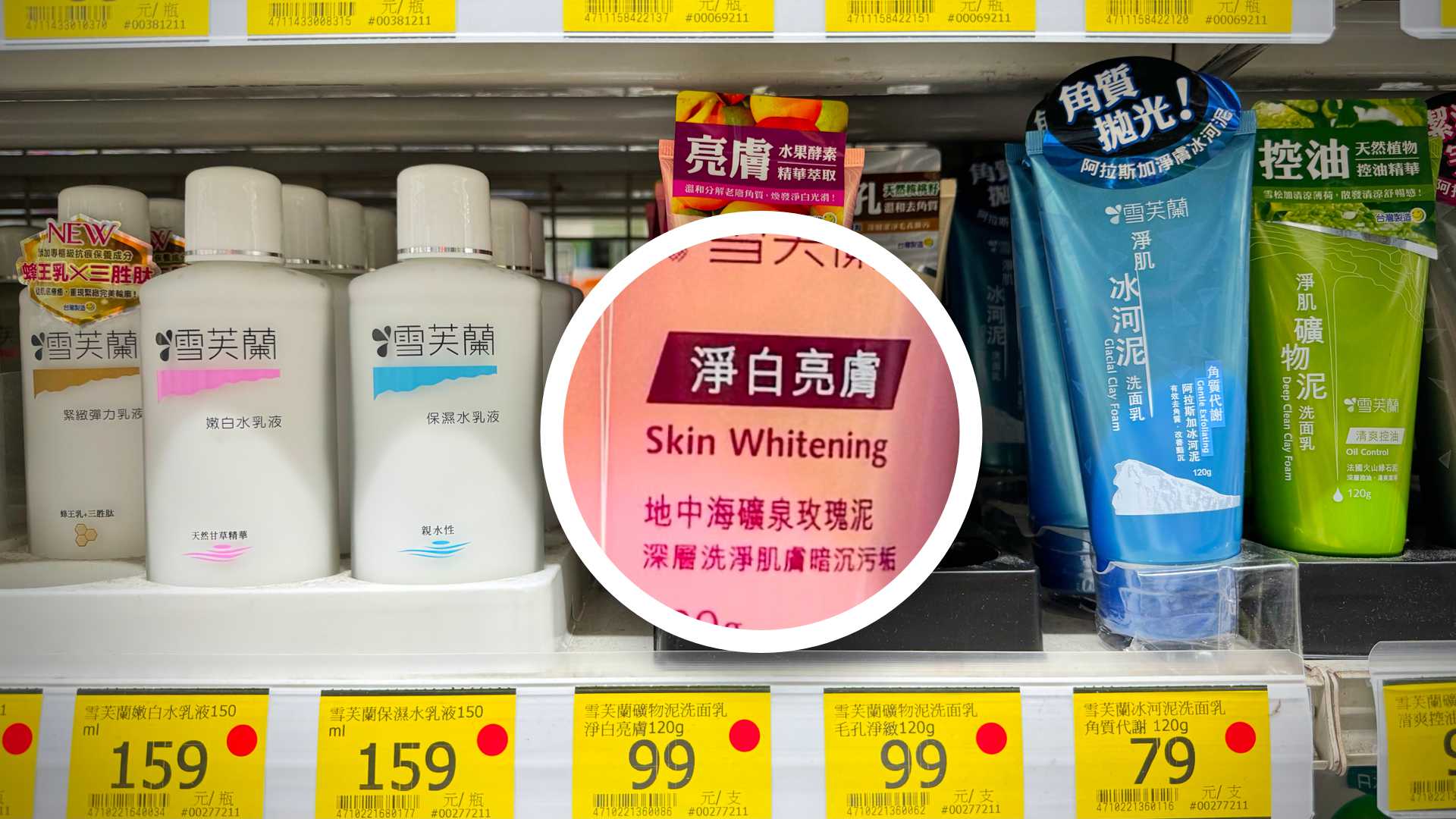
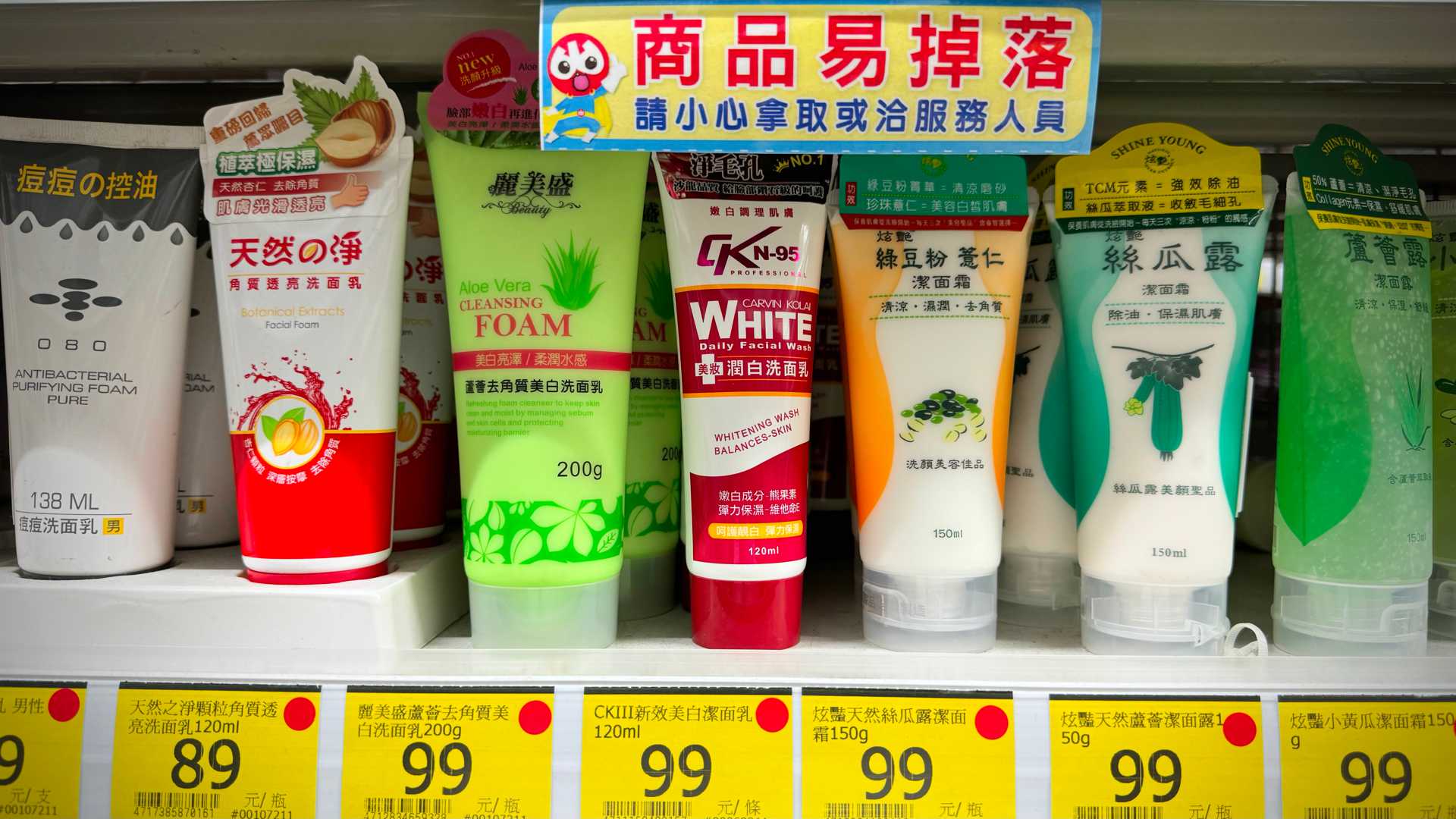
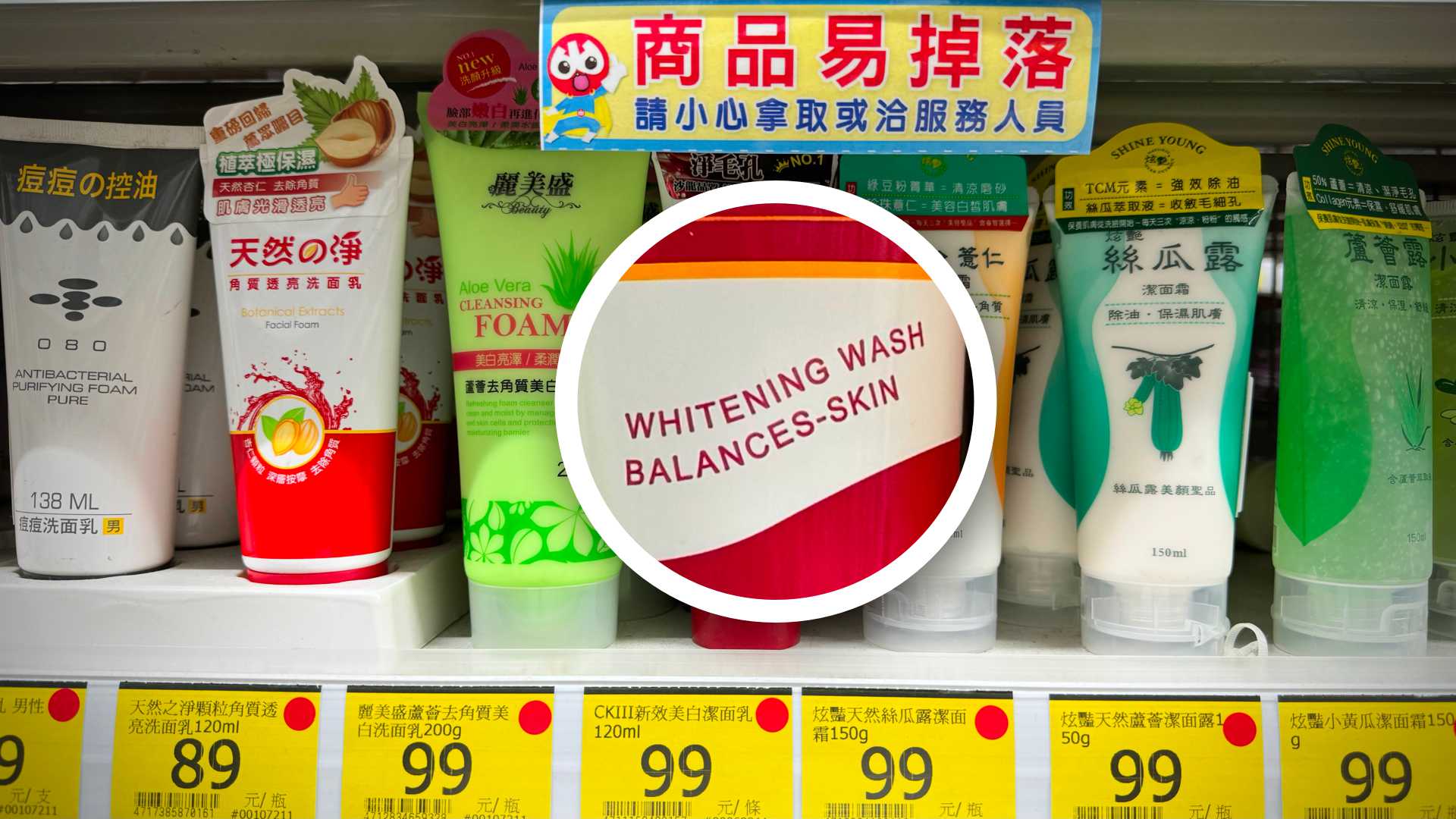
These are just the ones I can read. I suspect there are many more without English labels.
The casualness with which these are placed amongst more innocuous products, is jarring. Here in Taiwan, the normalization of skin whitening is an uncomfortable surprise.
I know beauty standards are not universal. But on this particular point, I hope Taiwan will eventually move on.
